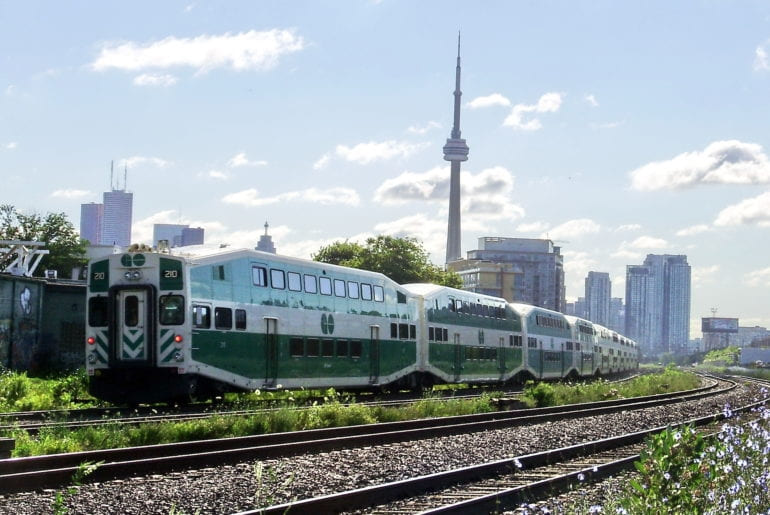Rent is at an all-time high in Toronto, with low vacancy rates and high prices. In other words, it is nearly impossible to find a home to rent in the current market.
The cost of renting a home in the city has increased above the rate of inflation, and the municipal and provincial governments are looking at ways to help control the price of rent. The Ontario government announced in March it will consider substantial changes to rent-control rules due to tenants complaining about double-digit rent increases that are leaving people homeless. As the rules stand, only apartment buildings built before 1991 can have rent control and the government is now looking at changing that.
Ontario introduced rent controls in 1976 as a temporary measure to lower rent increases to the rate of inflation, and the NDP government offered a five-year rent control exemption to units in 1992 to encourage developers to build new units. The rules then became permanent. Instead, landlords can only raise rent by 1.5 per cent annually, but can apply for additional increases. Many stakeholders, including CIBC Capital Markets, are against re-implementing rent control because it previously reduced new construction of apartment buildings, and accelerated building deterioration that had rent control.
Rent control is being criticized because there is a concern that landlords won’t upkeep apartment rentals if they can’t lift the cost of rent, or that tenants will remain for longer. It is assumed that landlords will do the bare minimum to maintain an apartment and many rent-cost units fall into disrepair. Avoiding rent control because it would cause landlords to not maintain their property truly demonstrates how corrupt the rental market is. There should be a morally upright desire to fix units. Instead, avoiding certain rent control strategies because it is naturally expected landlords won’t upkeep their responsibilities proves how greedy and deplorable the apartment rental market can be.
The City of Toronto has decided to implement a new set of rules that will force landlords to track tenant complaints, respond quickly to repair requests, and provide pest control. The rules will come into effect on July 1 and is being widely celebrated by tenants in Toronto. The program will be enforced 12 months after launching and will apply to 3,500 buildings with three or more storeys of 10 or more units, resulting in 350,000 apartments. The rules indicate that emergency requests such as no water or heat must be handled in under 24 hours and a pest control situation must be dealt with in 72 hours. Landlords will also be forbidden from renting an apartment with a pest control problem.
Re-implementing rent control is a necessary in Toronto, especially with the new rules that have been implemented that would force landlords to upkeep their rental units. The cost of renting an apartment should be at par with the rate of inflation, because otherwise it is giving way to corruption and greed. It is commendable that the province and city are getting involved in rentals and will ultimately force landlords into a position to provide tenants with fair prices and liveable apartment units.


